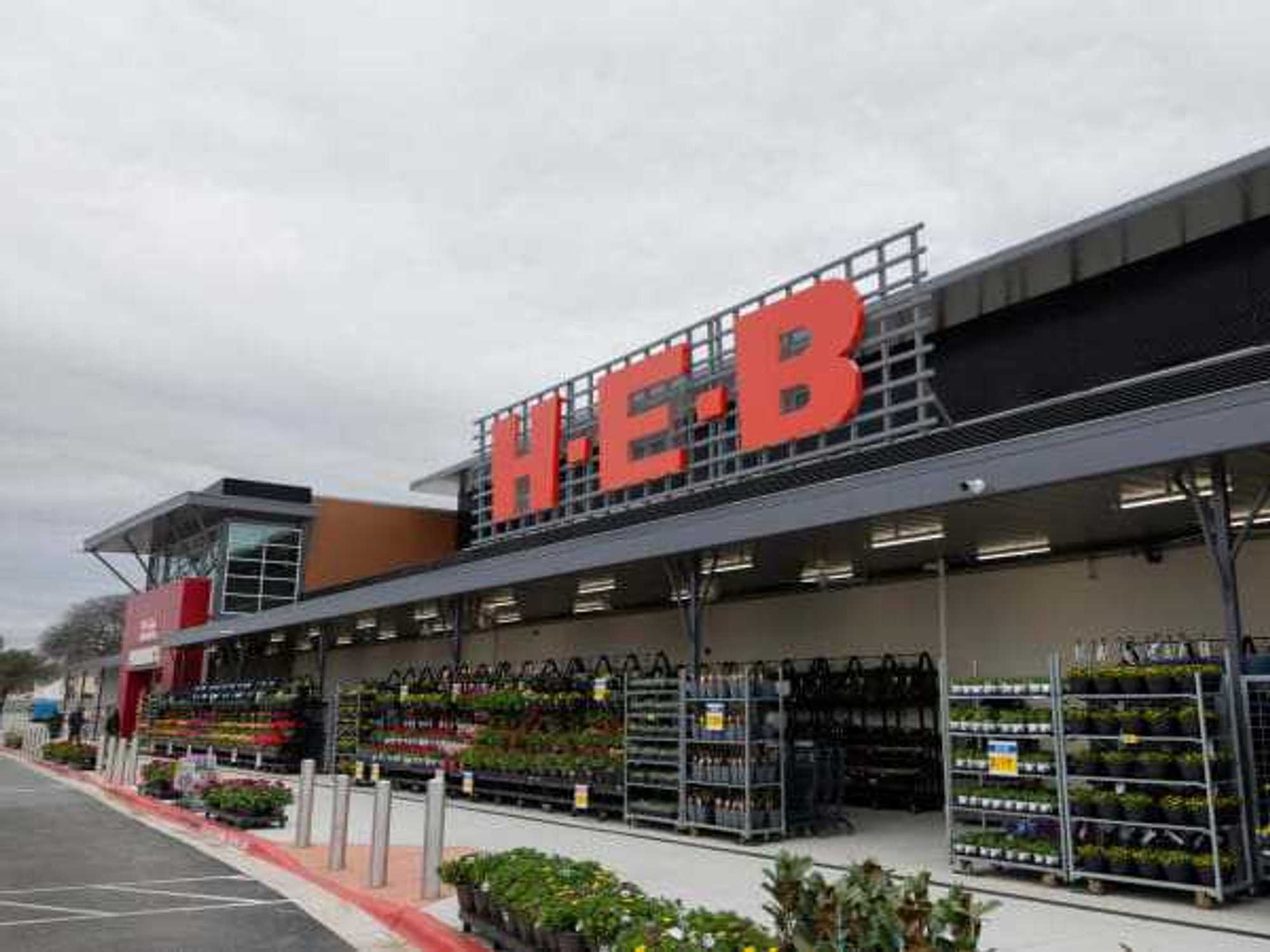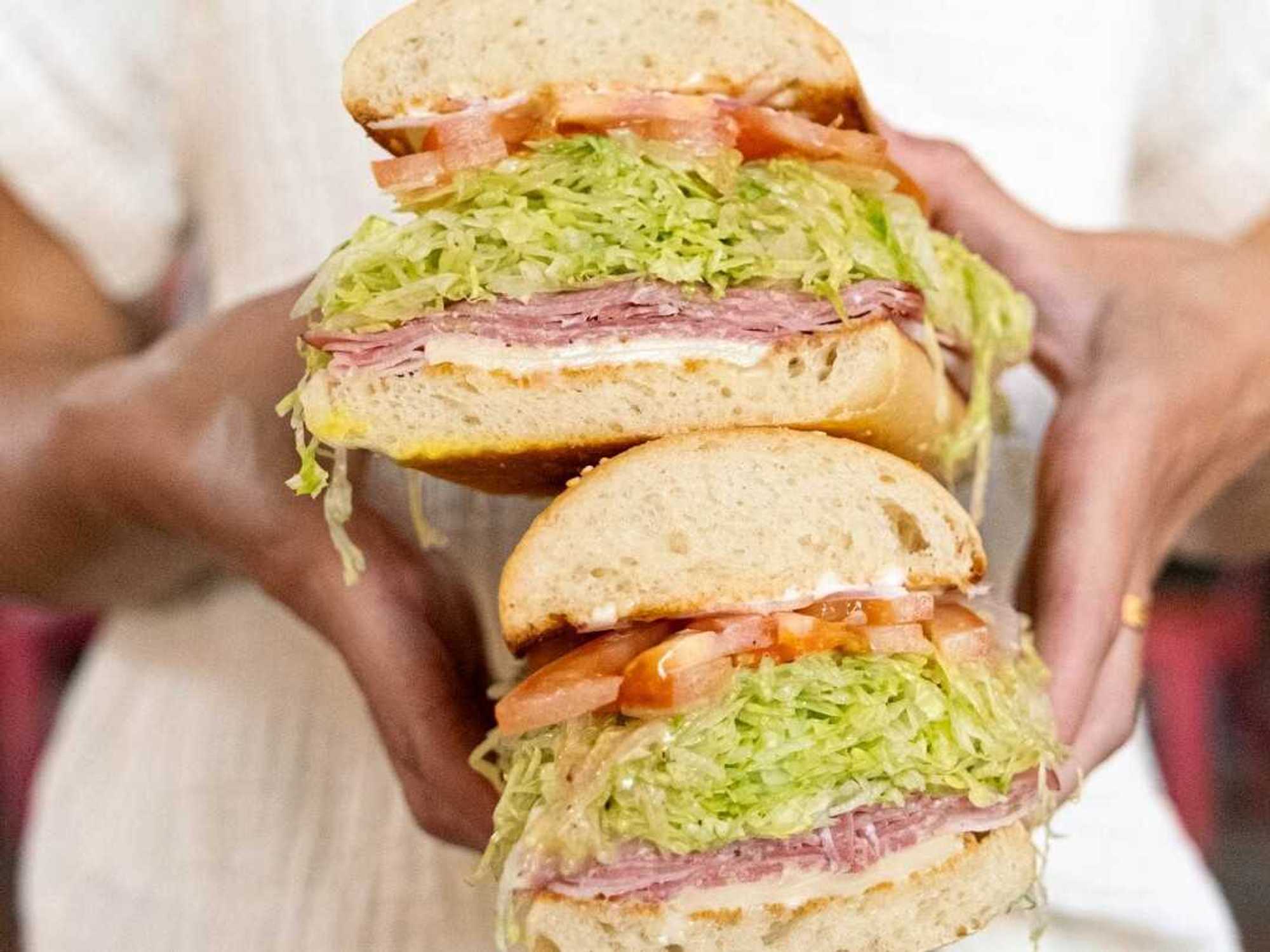discount duel
The Belly Card vs. the Go Local Card: Choose your own reward or let the businesspick?
I love a good deal. Especially when a store I love has those little keychain cards.
I was out and about on an assignment when I stumbled upon an iPad at the Garden District coffee shop on South Congress. Behind it were a stack of blue cards (complete with keychain companions) with the word Belly. It looked complicated, so I almost avoided it. But then I learned it was a rewards program. Kind of like Go Local.
Sort of.
The Belly card just got $10 million in funding and it's in six cities, including Austin. The Chicago-based start up is a free universal loyalty program meant to give a “kick in the pants” to other rewards programs.
The cards are free, and at the 1,400 merchants who have already signed up for Belly, customers can scan their cards (or use their iPhone/Android apps) to keep track of points.
The barista at Garden District said she and about two or three other merchants along South Congress were using Belly instead of Go Local because you can choose the kinds of rewards your points can be redeemed for.
E.B. Boyd, writing for Fast Company, described Belly this way: “It's no longer the generic ‘buy 10, get one free.’ Rather, merchants can choose to offer something unusual they think their customers would actually like. Some actual examples: A sandwich store will name a sandwich after you. A grocery store will let you cut in line. And a comic book store will let customers who make 50 purchases punch a store employee in the gut.”
Well, that sounds... different. It sounds a lot more fun, actually, than my little Go Local card, but then, I did resist buying one for awhile. The Go Local card costs $15 bucks (it used to be $10) and buys you a year worth of rewards at participating local stores like free chai at Sugar Mama’s Bakeshop with a purchase or 5 percent off at Torchy’s Tacos. Go Local is in 17 cities and the majority of those are in Texas.
The Go Local card asks you to make an investment up front. If you remember to use your card or your iPhone app (there’s no app for Androids, unfortunately) you can make back the money you spend on the card, so there's incentive to use it. A lot of local businesses participate in Go Local, too, including the Alamo Drafthouse, The Highball, Snack Bar and the Children’s Museum.
It’s the same kind of investment that happens when you’re like me and totally in love with punch cards. I realized recently that I typically spend roughly $40 to get a big free cup of coffee at Jo’s Hot Coffee – Good Food. It helps that the staff is always really nice to me.
There’s something nice about the fact that Go Local doesn’t operate on a point-based system, since, frankly, I get enough of a headache trying to keep track of my airplane mileage for points there. That’s one of the drawbacks of Belly, if you find keeping track of your points kind of annoying.
If you get the app (I didn’t want another one), you can keep track of it on your phone. If you get the paper card, you can scan it on the iPad at the merchant’s cash register and log in to your account from a computer. Since I can barely remember to do all this for accounts that have nothing to do with getting free stuff, it makes sense that I have left the “Reset Password” email in my inbox unread for a week.
I also really want to love Belly. The card is cute. They’re the newer kid on the block compared to Go Local, and they’ve spread to dozens of cities with stores from coast to coast. Of course, iPads are hypnotizing, especially when you’re a relatively new smartphone convert (as I am.) Better than all of this is that it’s free to the consumer.
But I can’t figure out how the rewards program helps the local economy, which is what matters to me more than getting to punch somebody in the gut or having a sandwich named in my honor. Until I can figure out if using Belly is better for Austin’s independent business owners or not, I don’t have much incentive to use it as much as I use the Go Local card.
Since Belly is free and Go Local is not, there’s no harm in having them both and getting as many rewards as possible.

 Our wildcard category this year will crown Best Sandwich.
Our wildcard category this year will crown Best Sandwich.